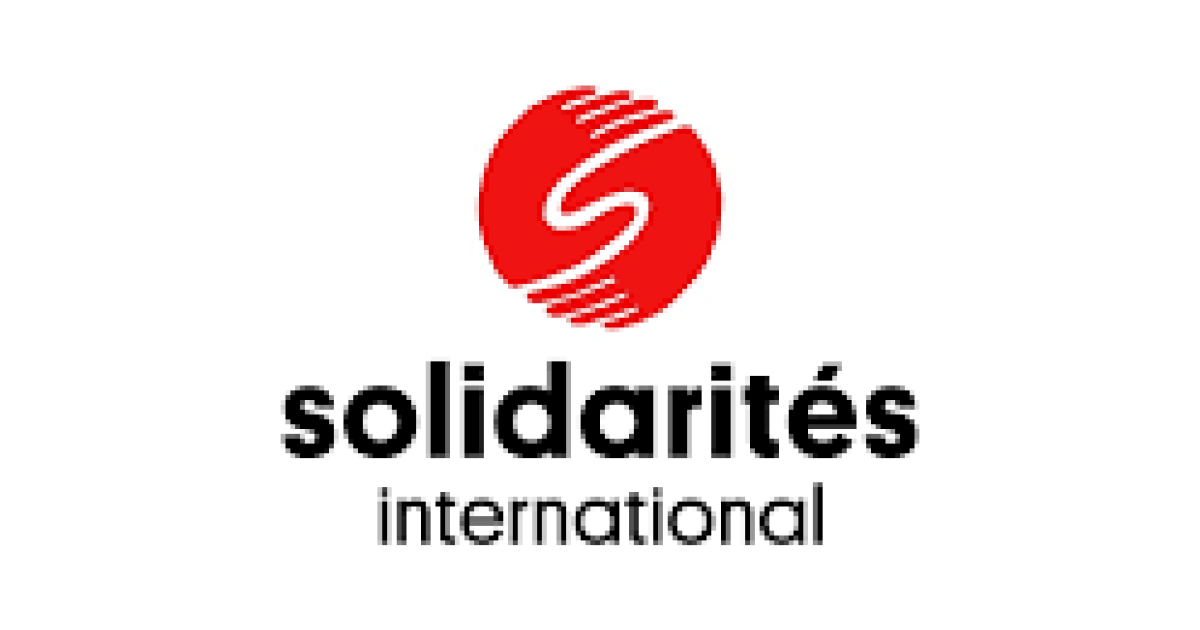
Study on women entrepreneurship and economic inclusion
Overview:
Solidarités International (SI), an international NGO with a legacy of nearly 40 years, specialized in addressing the needs of vulnerable populations affected by conflicts and natural disasters. With a presence in 18 countries across Asia, the Middle East, Africa, and South America, SI focused on vital areas such as water, food security, and livelihoods.
Under the previous engagement as Salem Group, we conducted a study titled “”Optimizing Women Entrepreneurs and Rural Communities’ Livelihood through Environment-Friendly and Climate-Smart Initiatives,”” funded by CDCS. The project aimed to enhance living conditions and livelihood opportunities in Bekaa and Baalbek-Hermel Governorates. It specifically targeted women and rural communities, aiming to bolster their resilience to financial, environmental, and climatic challenges while restoring their means of living.
Project Location:
Governorate: Central, Baalbak, and West Bekaa
Districts: Zahle, Baalbak, and West Bekaa
Key Findings:
The study produced the following outcomes:
1. Reviewed existing studies and reports on women-led cooperatives, MSMEs, economic empowerment trends, and gender dynamics in the region.
2. Mapped existing women-led MSMEs and cooperatives, including their sizes and types of operations, through interviews and KIIs with local stakeholders.
3. Analyzed key factors impacting women-led businesses, including challenges, gaps, and areas for improvement in accessing markets.
4. Assessed the financial status and technical capacities of women-led businesses, along with the availability of relevant documents and record-keeping practices.
5. Examined challenges faced by women entrepreneurs, such as limited access to financial resources, training opportunities, gender discrimination, and other barriers.
6. Assessed socio-economic contexts and social norms influencing women’s participation in the entrepreneurial ecosystem.
7. Evaluated the use of technology and digital tools by women-led businesses in their operations.
8. Conducted a comprehensive evaluation of the impact of financial, economic, environmental, and climate change crises on women-led businesses.
9. Provided recommendations and strategies to address identified challenges and promote sustainable opportunities for women’s socio-economic empowerment.
10. Collaborated with the project team to establish clear selection criteria for supported women-led MSMEs and cooperatives.
11. Recommended training curricula tailored to the specific needs and challenges of women-led businesses in the target area.
12. Identified green and environmentally friendly initiatives in the agro-ecology sector to promote sustainable practices within women-led enterprises.

Comments are closed